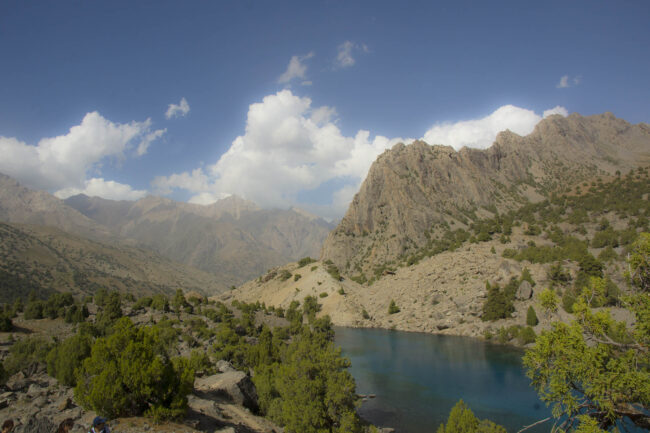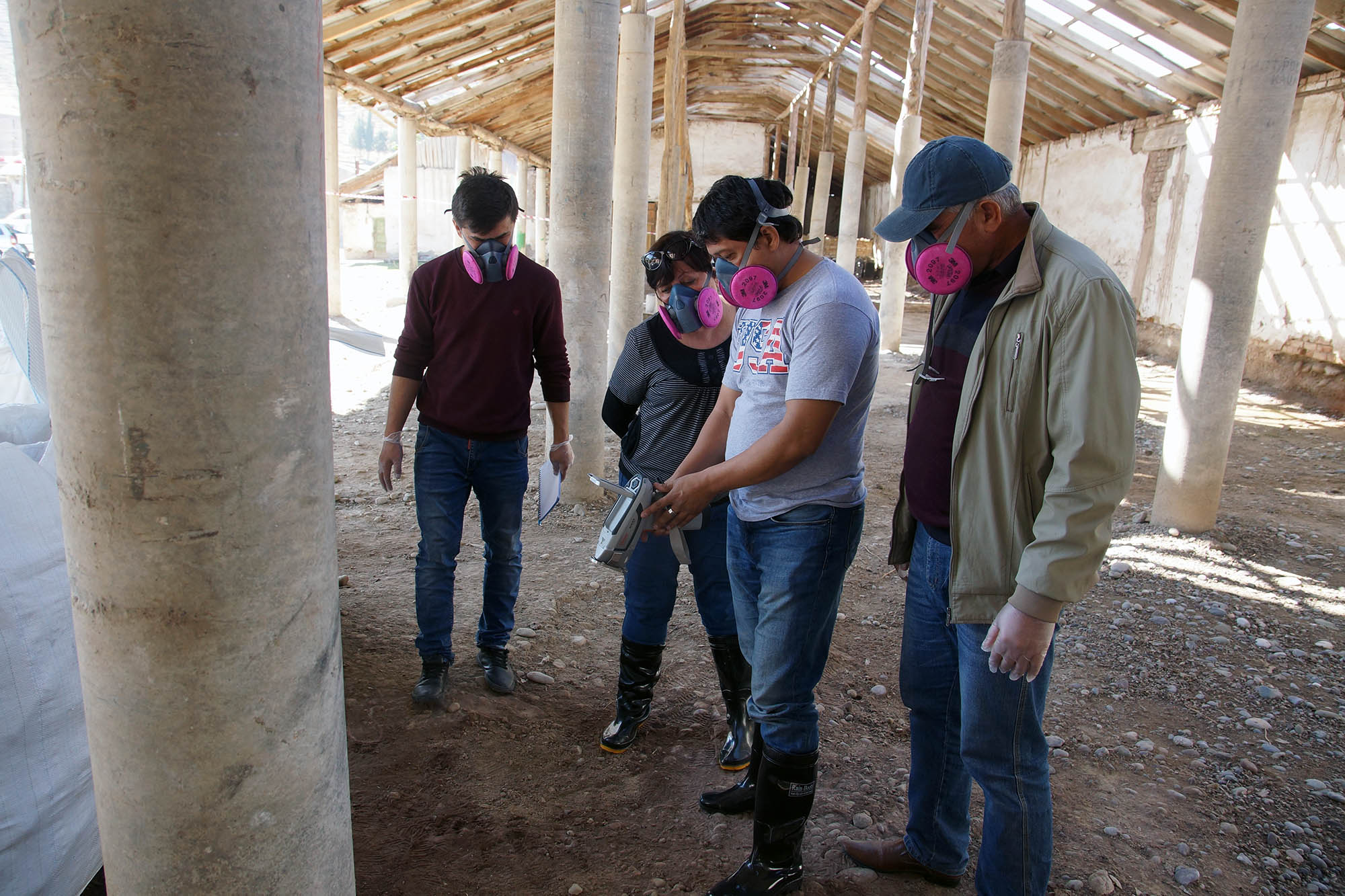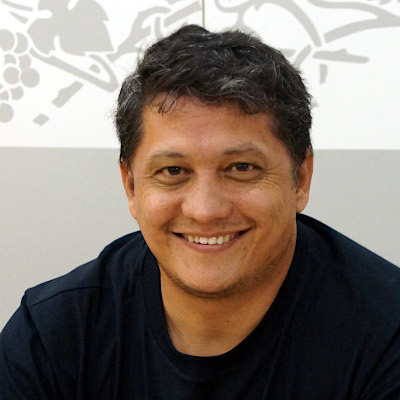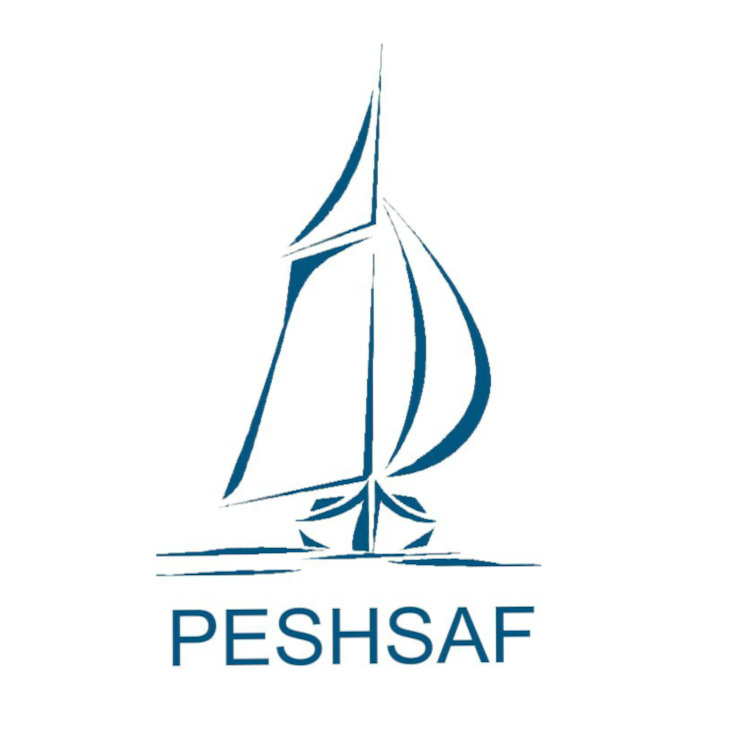Tajikistan
Tajikistan officially the Republic of Tajikistan, is a landlocked country in Central Asia. It has an area of 143,100 km (55,300 sq mi) and an estimated population of 10,000,000 people. Its capital and largest city is Dushanbe. It is bordered by Afghanistan to the south, Uzbekistan to the west, Kyrgyzstan to the north and China to the east. It is separated narrowly from Pakistan by Afghanistan’s Wakhan Corridor. The traditional homelands of the Tajik people include present-day Tajikistan as well as parts of Afghanistan and Uzbekistan.

The territory that now constitutes Tajikistan was previously home to several ancient cultures, including the city of Sarazm of the Neolithic and the Bronze Age and was later home to kingdoms ruled by people of different faiths and cultures, including the Oxus Valley Civilisation, Andronovo Culture, Buddhism, Nestorian Christianity, Hinduism, Zoroastrianism, Manichaeism and Islam. The area has been ruled by numerous empires and dynasties, including the Achaemenid Empire, Sasanian Empire, Hephthalite Empire, Samanid Empire and the Mongol Empire. After being ruled by the Timurid dynasty and the Khanate of Bukhara, the Timurid Renaissance flourished. The region was later conquered by the Russian Empire and subsequently by the Soviet Union. Within the Soviet Union, the country’s modern borders were drawn when it was part of Uzbekistan as an autonomous republic before becoming a full-fledged Soviet republic in 1929.


On 9 September 1991, Tajikistan became an independent sovereign nation as the Soviet Union disintegrated. A civil war was fought almost immediately after independence, lasting from 1992 to 1997. Since the end of the war, newly established political stability and foreign aid have allowed the country’s economy to grow. The country has been led by President Emomali Rahmon since 1994.
Tajikistan is a presidential republic consisting of four provinces. Most of Tajikistan’s population belongs to the Tajik ethnic group, who speak the Tajik language — the first official language — making it one of the three Persian speaking countries alongside Afghanistan and Iran. Russian is used as the official inter-ethnic language. While the state is constitutionally secular, Islam is practiced by 98% of the population. In the Gorno-Badakhshan oblast, despite its sparse population, there is large linguistic diversity where Rushani, Shughni, Ishkashimi, Wakhi and Tajik are some of the languages spoken. Mountains cover more than 90% of the country. It is a developing country with a transitional economy that is highly dependent on remittances, aluminium and cotton production. Tajikistan is a member of the United Nations, CIS, OSCE, OIC, ECO, SCO and CSTO as well as a NATO PfP partner.
Major environmental problems in the country
Tajikistan is a small mountainous land-locked Central Asian country with an economy that heavily depends, as a legacy of the soviet economy, on exports of cotton, aluminum and hydroelectricity that are three rather environmentally sensitive sectors, as well as on remittances from migrants living abroad. Environmental degradation and unsustainable use of natural resources are constraints to sustainable economic growth and poverty reduction. With more than half of its territory situated above 3,000 meters, the country is particularly vulnerable to natural disasters. The environmental challenges in the country, according to the recent National Environmental Action Plan (NEAP) is:
- land degradation, including deforestation, degradation of pasturelands, arable and irrigated lands
- lack of improved drinking water and water quality deterioration
- waste pollution from agriculture and industry
- deficiencies in sewerage system infrastructure and management
- uncollected and untreated solid waste
- environmental hazards and natural disasters caused by floods and drought
- energy supply
- lack of environmental education



